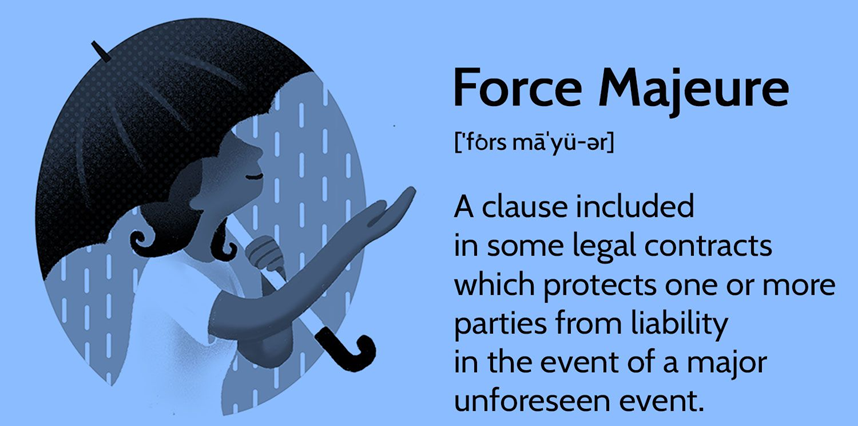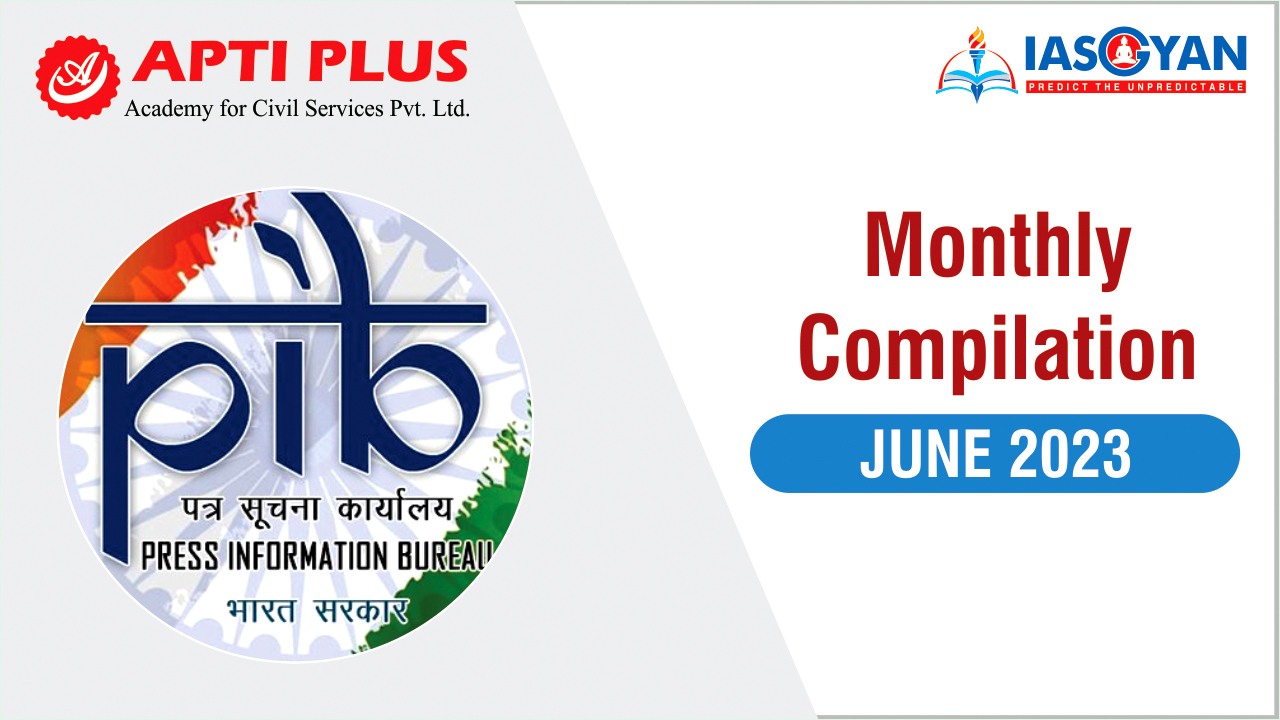Description

Copyright infringement not intended
Context: Indian officials from state-run Indian Oil Corporation and Engineers India Ltd are planning to visit Iraq to explore the possibility of setting up a liquefied natural gas (LNG) terminal there.
Details
- India's state-owned company ONGC Videsh Ltd is looking to resume exploration activities in Iraq's exploration block known as "Block 20" (formerly known as Block 8). Exploration in this block was put on hold due to force majeure declared in 2003 amid security concerns. With the situation improving, India is considering restarting operations in this block to tap into Iraq's hydrocarbon resources.
Force majeure
- It is a legal concept that refers to unforeseen and unavoidable circumstances that prevent a party from fulfilling its contractual obligations. When a force majeure event occurs, it allows the affected party to be excused from performance or delays performance until the event is resolved. The term "force majeure" comes from French and translates to "superior force."
- Force majeure clauses are commonly included in contracts to protect parties from events beyond their control that could disrupt the performance of the agreement. These events typically include natural disasters, acts of war, terrorism, strikes, government actions, and other unforeseeable and uncontrollable events.

Features and Significance:
- Protection from Unforeseen Events: Force majeure clauses provide a safety net for parties involved in a contract, protecting them from potential liability in case of extraordinary events that were not anticipated at the time of contract formation.
- Contract Flexibility: Including force majeure clauses allows parties to negotiate the terms of how unforeseen events will be handled. It provides flexibility in dealing with unpredictable circumstances that could otherwise lead to disputes and legal battles.
- Business Continuity: In the case of long-term contracts or complex projects, force majeure clauses can help ensure business continuity by allowing parties to suspend or extend contractual obligations until the disruptive event is resolved.
Challenges:
- Contractual Interpretation: One of the challenges with force majeure clauses is interpreting the language used in the contract. Ambiguity or vague wording can lead to disagreements over whether a specific event qualifies as force majeure.
- The burden of Proof: The burden of proving that a force majeure event has occurred often falls on the party seeking relief. This can involve providing evidence and demonstrating that the event genuinely hindered their ability to fulfil contractual obligations.
- Invoking Force Majeure: Some contracts may require specific procedures or notification requirements for invoking force majeure. Failure to comply with these procedures could impact the party's ability to claim relief.
Way Forward:
- Thorough Contract Drafting: Clearly define the force majeure events and their consequences in the contract. Avoid ambiguous language and specify the conditions under which force majeure can be invoked.
- Review and Update: Regularly review and update force majeure clauses to account for new potential risks and circumstances that could impact contract performance.
- Communication and Documentation: If a force majeure event occurs, parties should communicate promptly, provide proper notification, and document all relevant information to support their claim.
- Negotiation and Collaboration: In case of a force majeure event, parties should try to collaborate and negotiate to find mutually agreeable solutions that protect both parties’ interests and facilitate contract performance once the event is resolved.

Summary
- Force majeure is an essential aspect of contract law that provides protection and flexibility when unforeseen events disrupt contract performance. Properly drafted and interpreted force majeure clauses can help parties navigate through challenging situations and maintain positive business relationships.
|
PRACTICE QUESTION
Q. Which of the following is an example of a force majeure event?
1. A financial downturn affecting one of the parties' businesses.
2. An earthquake that disrupts transportation routes.
3. A change in market conditions leads to reduced profitability.
4. A simple mistake made by one of the parties during contract execution.
How many of the above statements is/are correct?
A) Only 1
B) Only 2
C) Only 3
D) All
Answer: A
Explanation: The correct Statement is 2. An earthquake that disrupts transportation routes. A force majeure event typically involves unforeseen and uncontrollable circumstances such as natural disasters, acts of war, terrorism, or other events that hinder a party's ability to fulfil its contractual obligations.
|
https://www.telegraphindia.com/business/indian-oil-corporation-and-engineers-india-ltd-mulls-liquefied-natural-gas-terminal-in-iraq/cid/1952712















